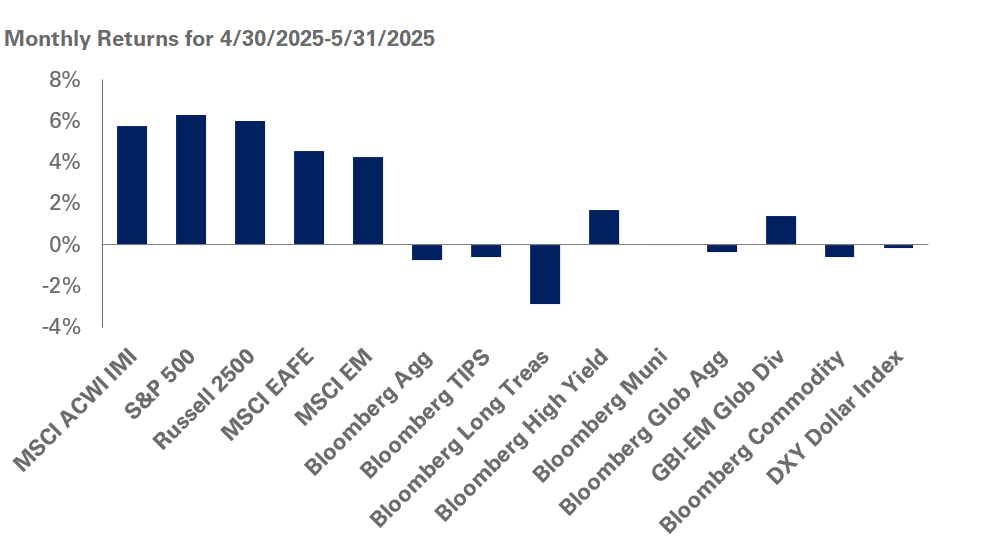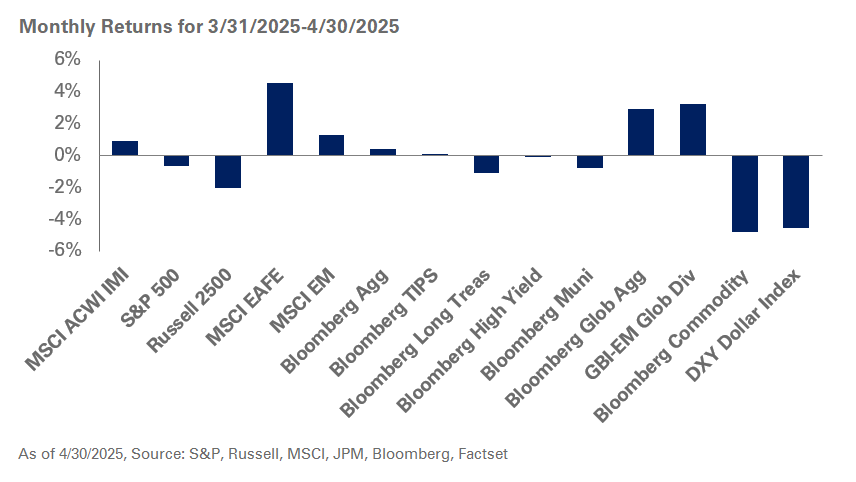Emerging markets (EM) have lost favor among investors this year amidst higher interest rates in the US, a strengthening dollar, trade squabbles, and rebounding oil prices. This souring sentiment is inflicting damage on weaker economies, dragging down asset prices across these regions. Most recently, investor confidence was shaken by a sharp currency depreciation in the Republic of Turkey as concerns swirled around the country’s ability to manage its economy. An escalating trade dispute with the US has only amplified concerns, with the Turkish lira down more than 28% so far this month.
As the situation in Turkey intensifies, so have fears of a spillover. Over the last week, global currencies sold off and EM assets retreated. For the week ended August 10, EM equities (MSCI EM Index) declined 1%, external debt (JPM EMBI Global Diversified Index) fell 1.3%, and local debt (JPM GBI-EM Global Diversified Index) dropped 3.5%.
Additionally, concerns around potential loan defaults weighed on European bank stocks with exposure to Turkey.
While the outlook for Turkey’s economy is ominous, we do not believe the current turmoil will lead to contagion. Turkey has a small footprint in global capital markets — representing 0.7% of the MSCI EM Equity Index as of the beginning of the month. To this end, we continue to advocate for the addition of emerging market assets in many portfolios, especially as the recent broad-based sell-off creates opportunities in local-currency debt and equities. Additionally, fundamentals remain robust and valuations are attractive in other emerging markets.
The events in Turkey have a unique background. Previously one of the world’s fastest growing economies—outperforming both China and India in 2017—Turkey’s most recent expansionary phase was fueled largely by a borrowing binge denominated in dollars and euros. This reliance on foreign capital has generated severe excesses in Turkey’s economy and fueled a sizable current account deficit. Coupled with fiscal deficits and high inflation, Turkey’s policies have proven to be inadequate to defend the lira, and the country runs the risk of a broad economic collapse. A potential renegotiation or legal remedy of external debts, accounting for 53% of Turkey’s 2017 GDP, according to the IMF, could be a messy source of international conflict for the country. About a quarter of this debt comes due within a year.
That said, Turkey is unlikely to turn to the IMF for help as President Recep Tayyip Erdogan built his 2002 election platform on nationalistic sentiment following a previous IMF bailout and related unpopular austerity measures. A return to the IMF would be likely seen as a betrayal by Erdogan of his brand of Turkish nationalism. Additionally, the IMF executive board, which is substantially controlled by the US and Western Europe, would likely demand meaningful policy changes before providing any sort of financing package.
Given Turkey’s current circumstances, the conventional macroeconomic response from an independent central bank would be to rapidly increase domestic interest rates, especially as annual inflation tops 15% versus a 5% stated policy target. However, Erdogan adamantly opposes higher interest rates, ostensibly prioritizing growth at any cost over monetary stability. For the moment, the Turkish central bank’s response has been minimal with targeted actions to bolster liquidity in domestic banks. In addition, Erdogan holds a tight grasp on fiscal policy with his son-in-law holding the position of finance minister, further intensifying investor skepticism regarding the country’s ability to address the current economic crisis.
As the situation unfolds, we will continue to monitor the developments in Turkey.



